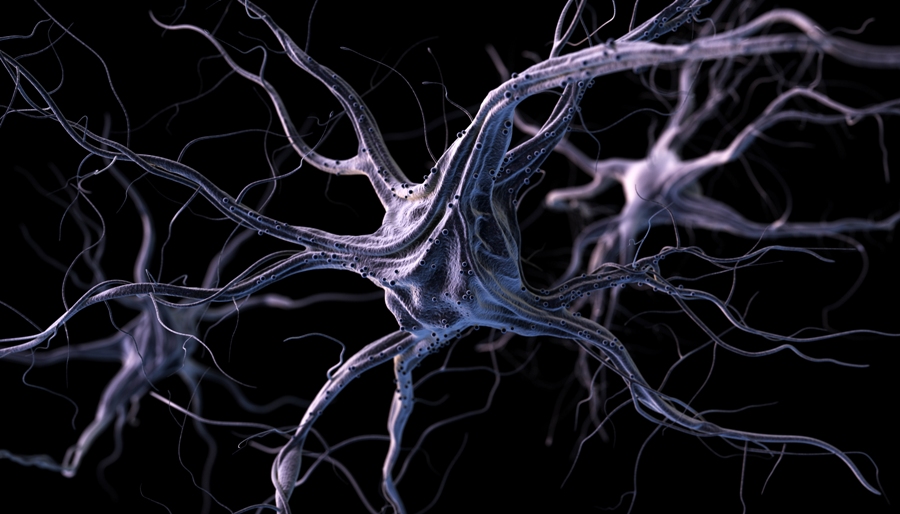Study identifies189 children with Lyme carditis
In their article addressing the heart and Lyme disease “Increasing Burden of Lyme Carditis in United States Children’s Hospitals,” Beach et al.¹ reveal the rise in Lyme carditis cases throughout the U.S. The largest increases, they write, were found in the Midwest, including the Ohio valley. According to the authors, the children with Lyme carditis […]
Study identifies189 children with Lyme carditis Read More »










